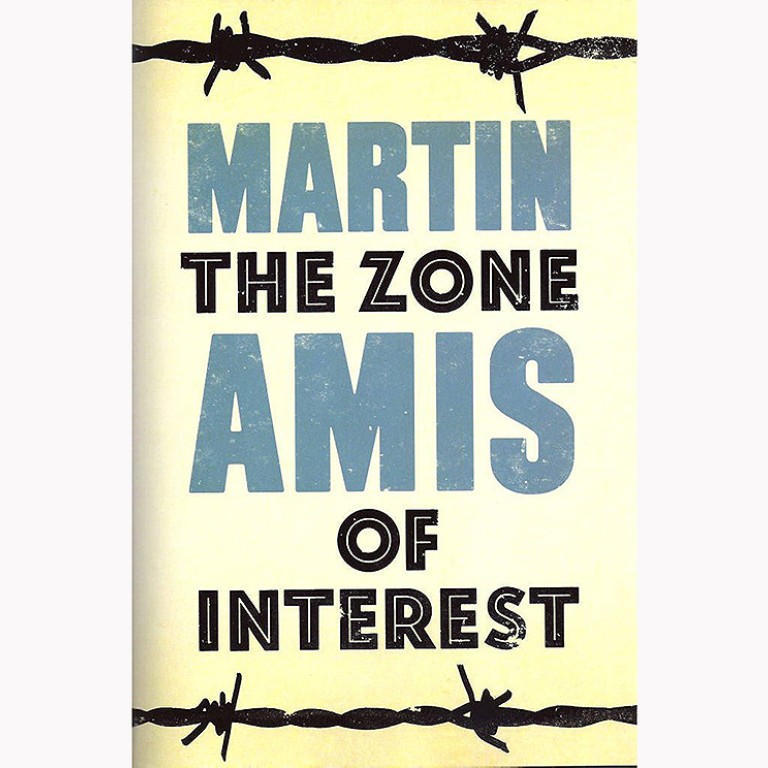
Martin Amis' Holocaust novel rejected by his European publishers
Holocaust novel acclaimed by some as 'the best in 25 years' turned down by British author's usual collaborators in both Munich and Paris
Some critics have hailed it as the "best book in 25 years" by one of Britain's greatest living writers. But , Martin Amis' "brutish comedy" set in a fictionalised Auschwitz, may struggle to find readers overseas after the author confirmed that both his German and French publishers had declined to publish the novel.
The book, which is narrated from the points of view of three concentration camp commanders and is interspersed with German vocabulary, was rejected by German publisher Hanser on the grounds that the manuscript wasn't "sufficiently convincing", Amis told the .
But his interviewer, Thomas David, wrote that in German literary circles the widely shared view was that Amis's book had been "too frivolous" for Hanser.
The Munich-based publishing house had translated Amis' past five books to appear in German. So far, no other publisher has bought the German-language rights for .
French publisher Gallimard, which would not comment, has published Amis's novels, but will instead be published in French in September next year by Calmann-Levy, a publisher that rejected , a novel on the Holocaust by the American author Jonathan Littell. It was Gallimard which published that bestselling 1,408-page debut novel.
Deborah Kaufmann, Amis' editor with Calmann-Levy, said the publisher had picked up the novel "because it's a good book, and there's nothing like it. And it's not a comedy."
She said the publisher was "delighted to be starting a long relationship with Martin Amis, who is one of the top intellectual writers in Britain".
In an interview on Thursday, Amis stated he believed that his German publishers had rejected the book on literary merit, rather than because of an unease with the subject matter.
"Germany has reached a stage where younger people are eager to talk about the past, and the country has developed a sober perspective on that criminal period in its history. That's why I was surprised when the publisher rejected the book," he said.
According to Amis, Hanser had "not understood" one of the key characters in the book, the SS officer Angelus Thomsen.
"The publisher seemed to think that Thomsen stood on the side of the regime and shared its ideology. But in actual fact, Thomsen knows that the national socialists' ideology is counterproductive and self-destructive. He supports this self-destruction because he wants Germany to lose the war."
He said that it was his understanding that Gallimard's rejection was due to the publishing house taking a new editorial direction, rather than because of specific problems with the novel's subject matter.
While Amis is seen by many in Britain as one of the most influential living writers, his commercial success and literary appreciation in Germany has never matched that of his contemporaries Ian McEwan or Julian Barnes.
David said he was puzzled by Hanser's rejection, but didn't think it had anything to do with heightened sensitivity about the subject matter. "It means that one of the best books by one of the most important writers of his generation doesn't have a German publisher," he said.
